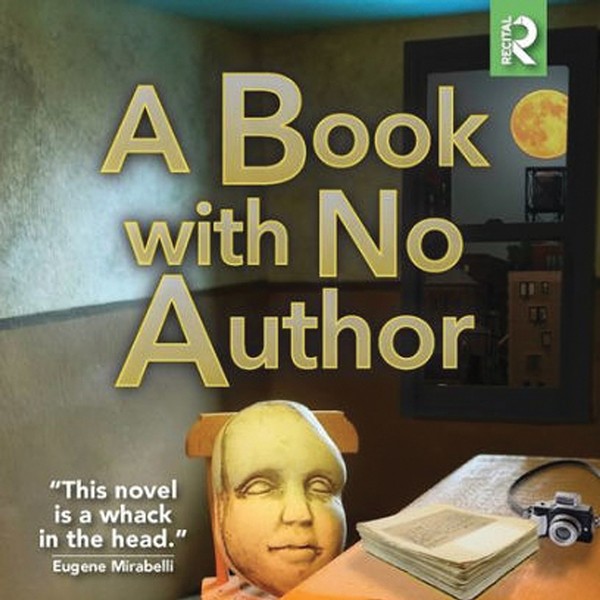When the poet Barbara Louise Ungar heard that her collection The Origin of the Milky Way had won the 2006 Gival Press Poetry Award, her reaction was similar to how she felt six years earlier when told she was pregnant: “Heaven. I thought, I’m going to be happy for the rest of my life, because I got what I want.” Chronicled with honesty, wit, elegance, and verve in The Origin of the Milky Way, the experience of motherhood proved to be heaven and then some.
Ungar was a late arrival to motherhood. Author of the previous collection of poetry Thrift and a frequent reader at the Tinker Street Café when she lived in Woodstock in the 1990s, she’s currently a tenured professor of English at the College of Saint Rose in Albany. Some years ago, she was told by a fertility clinic that hers was a “hopeless case.” After learning that the clinic’s diagnosis was premature, to say the least, Ungar described herself as “the most ecstatic pregnant woman ever.” The timing of her pregnancy could not have been more fortuitous, as it turned out. Having already taken a sabbatical to write, Ungar had the time to “spiral inwards” and truly meditate on the panorama of physical and emotional changes she underwent during pregnancy.
The results might be surprising, however, for anyone who imagines that The Origin of the Milky Way is a series of serene ruminations on the blessings of motherhood. Rather, a primal form of terror is part and parcel of Origin, which is divided into four sections. These sections—ranging from mythos-inflected “Annunciations” through the bluesy musings of “Fourth Trimester” and the edgy observations of “Feast,” where she comments on raising a child in a time of war—document the full process of pregnancy and the birth of her son Izaak, followed by the great afterwards of trying to write with an infant on the hip.
“The most frightening thing was the thought, I’ll never be alone again,” says Ungar of the prenatal period. Beyond fears of the actual childbirth, awareness of the child growing within her was also a form of becoming a “body in constant use.” This bodily unease is given wicked expression in the short poem “Quickening,” where the flutter from the growing fetus makes the mother aware, “There’s some / body else / in here / with you.” Such is the stuff of midnight creature features, though the newfound awareness of a child growing within isn’t all terrifying by any stretch. Lustrous wonder is given equal measure throughout Origin as well, as in the lovely “Prenatal Yoga” when Ungar reflects on advice from a stretching class: “Your spine is a river of light / the teacher says. / Let your heart bow / to your baby’s heart.”
Such casual artistry of language is part of what makes Origin such a compelling volume. Flowing throughout are images of water, liquidity, rivers, and oceans. Aside from the fact that Ungar’s water broke while swimming—given sublime treatment in the piece “Pool”—the title poem of The Origin of the Milky Way comes from a Tintoretto painting depicting the myth of Juno’s spilled breast milk forming the Milky Way. Asked about the veritable flood of watery images, Ungar seems surprised. “It wasn’t intentional. Of course, there’s amniotic fluid and all that, but that seems too simplistic an explanation. Maybe it’s because I associate physical affection from a parent from when my father held me in the water and taught me how to swim. Even though we are Jewish, being raised in Minnesota gave our family some of those old-fashioned Lutheran concerns for distance and propriety. I’m one of three sisters, and being taught to swim was one of the few times my father was able to show physical affection to us girls without being worried how it would appear.”
Her family impacted Origin in other ways as well. Ungar says that her mother, an avid reader, once complained that she wasn’t “intelligent enough to understand your poems” due to all the references to Greek legends and characters. Not words any poet wants to hear, and while the collection certainly contains myth-oriented pieces, Ungar says she kept her mother’s comment in mind while composing Origin. The collection reflects her concern, and her combination of plain spoken, at times rock’n’roll, sensibility with the mythic and philosophical makes for a well-rounded yet subtle narration. This is especially true in the “Fourth Trimester” section, where the struggles of dealing with an infant come to the fore. In the harrowing piece “Crying,” Ungar address the simultaneous weeping of mother and child: “This world hurts. If I wanted / to spare you, I should never / have brought you here. / Your crying flays me.”
















